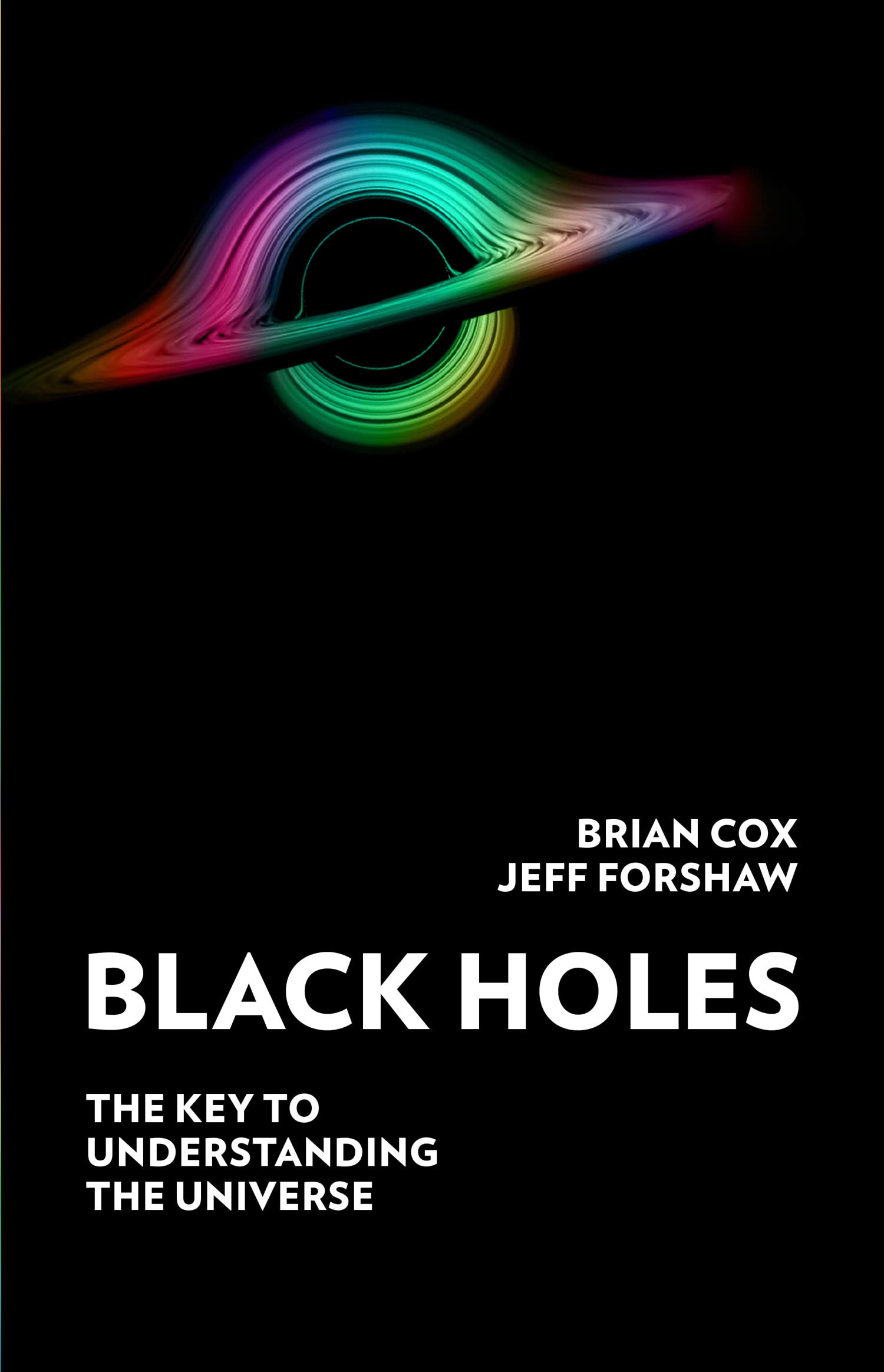內容簡介
內容簡介 A Brief History of Time for the 21st Century At the heart of our galaxy lies a monster so deadly it can bend space, throwing vast jets of radiation millions of light years out into the cosmos. Its kind were the very first inhabitants of the universe, the black holes. Today, across the universe, at the heart of every galaxy, and dotted throughout, mature black holes are creating chaos. And in a quiet part of the universe, the Swift satellite has picked up evidence of a gruesome death caused by one of these dark powers. High energy X-ray flares shooting out from deep within the Draco constellation are thought to be the dying cries of a white dwarf star being ripped apart by the intense tides of a supermassive black hole – heating it to millions of degrees as it is shredded at the event horizon. They have the power to wipe out any of the universe’s other inhabitants, but no one has ever seen a black hole itself die. But 1.8 billion light years away, the LIGO instruments have recently detected something that could be the closest a black hole gets to death. Gravitational waves given off as two enormous black holes merge together. And now scientists think that these gravitational waves could be evidence of two black holes connecting to form a wormhole – a link through space and time. It seems outlandish, but today’s physicists are daring to think the unthinkable – that black holes could connect us to another universe. At their very heart, black holes are also where Einstein’s Theory of General Relativity is stretched in almost unimaginable ways, revealing black holes as the key to our understanding of the fundamentals of our universe and perhaps all other universes. Join Professors Brian Cox and Jeff Forshaw in exploring our universe’s most mysterious inhabitants, how they are formed, why they are essential components of every galaxy, including our own, and what secrets they still hold, waiting to be discovered.
作者介紹
作者介紹 Brian Cox Jeff ForshawProfessor Brian Cox is a leading physicist and science communicator. He has written the bestselling science books in the past 20 years, including e=mc2, Quantum Universe and Universal with Jeff Forshaw and his Wonders trilogy, Human Universe, Forces of Nature and Planets with Andrew Cohen.Professor Jeff Forshaw, also based at the University of Manchester, is a particle physicist.They both research using data from the Large Hadron Collider.
